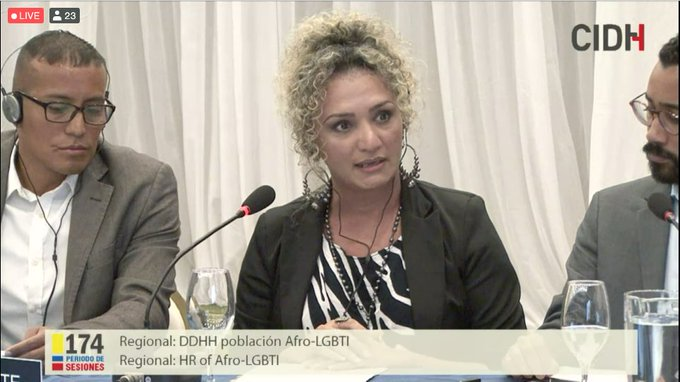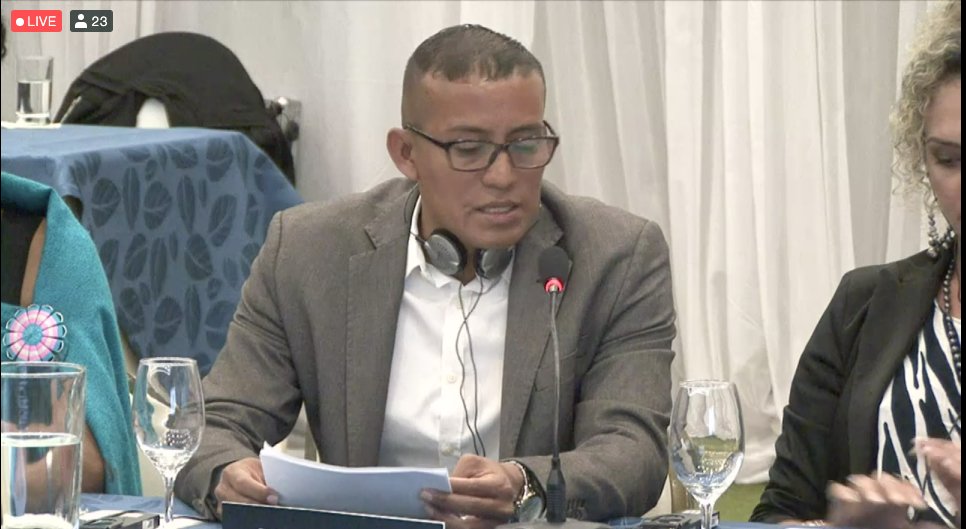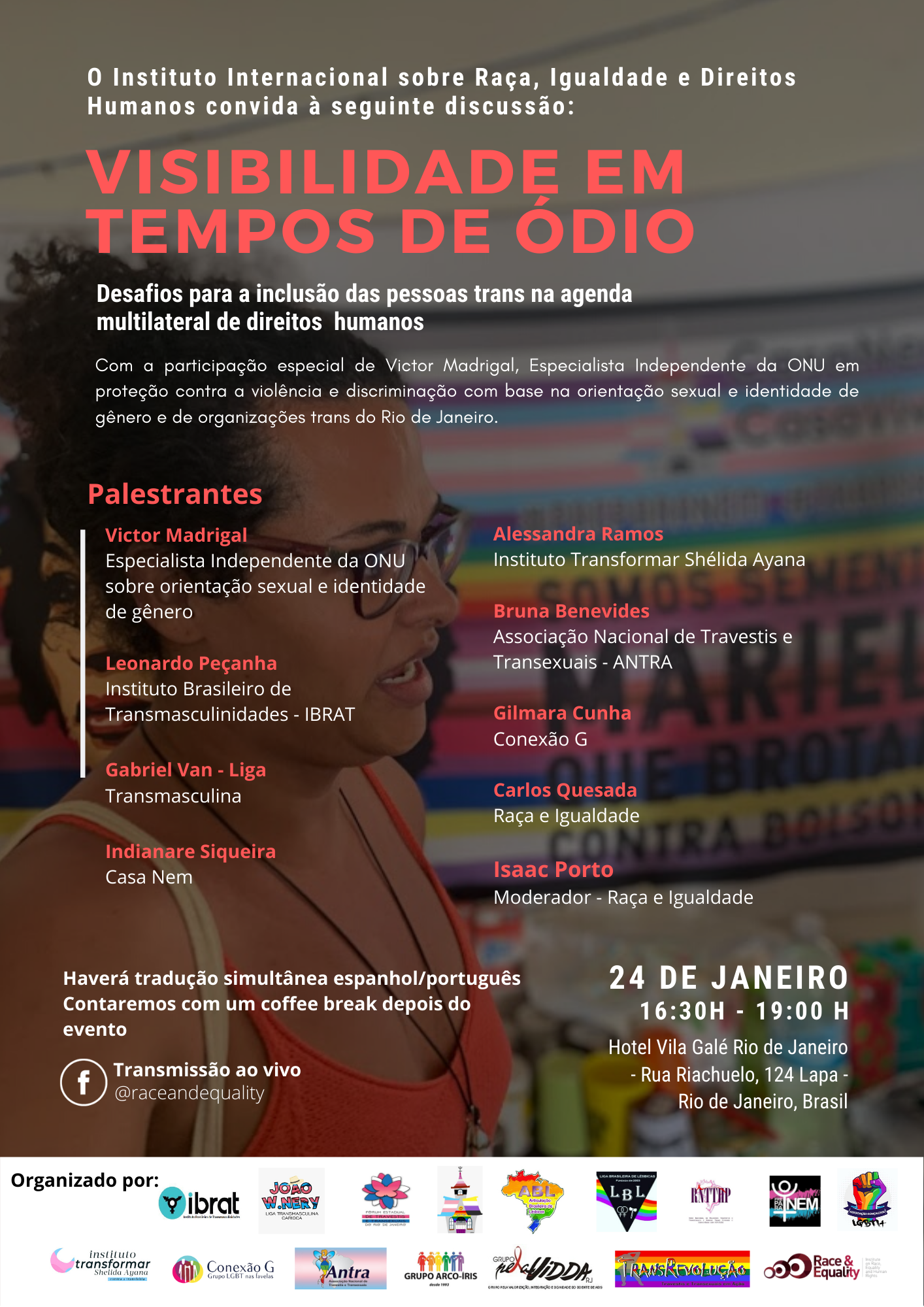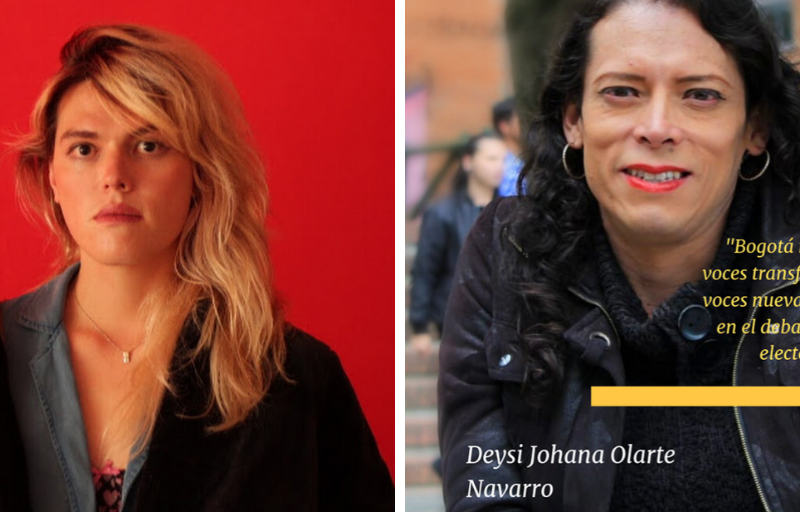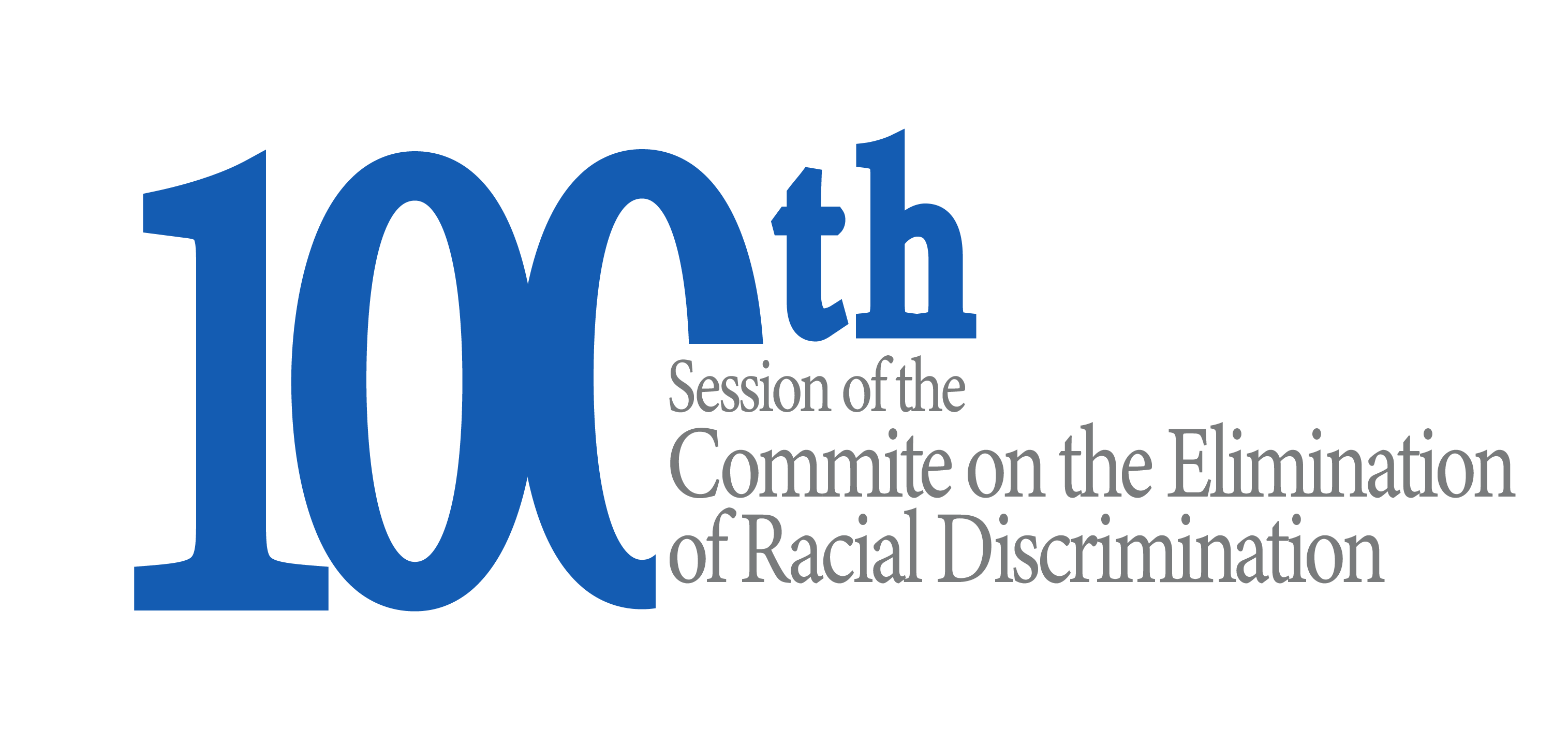Race and Equality organized a webinar with activists to discuss the role of the IACHR in the crisis generated by COVID-19 with the Special Rapporteur for LGBTI Rights of the IACHR
The International Institute on Race, Equality and Human Rights (Race and Equality) held a webinar with the Special Rapporteur for the Rights of Lesbians, Gays, Bisexuals, Trans and Intersex Persons (LGBTI) of the Inter-American Commission on Human Rights (IACHR), Flavia Piovesan, as well as LGBTI activists and civil society members from Brazil, Peru, Colombia and Nicaragua to discuss the role of the IACHR and the impact of COVID-19 on the lives of LGBTI people in Latin America.
The event entitled, “The role of the IACHR in the crisis generated by COVID-19: Threats to the rights of LGBTI people in Latin America” was held on Thursday, May 21. It began with a statement by Flavia Piovesan, who focused her speech on understanding the impact of the pandemic from a human rights view, its specific threats to LGBTI people and the IACHR strategies to confront them.
According to the Rapporteur, it is necessary to bear in mind three structural challenges in the region that the pandemic aggravated and accentuated: profound inequality, historical discrimination and violence, and dilemmas related to democratic institutions. She explained that the historical statistics on poverty and extreme poverty in Latin America deepened inequality and the lack of guarantees of rights such as health, work, and housing has meant that the effects of the pandemic are differentiated for the most vulnerable populations. “The virus is not discriminatory, but its impact is,” said Commissioner Piovesan, quoting Michelle Bachelet, the United Nations High Commissioner for Human Rights (OHCHR). This situation is accentuated when the State response includes an arbitrary and abusive use of force. The Rapporteur also noted that the IACHR published resolution 1/2020 on April 20, 2020. This resolution created the Rapid and Integrated Response Coordination (SACROI COVID-19, for its acronym in Spanish), which focuses on addressing these three structural challenges “from the perspective of Inter-American standards, endorsing the language of human rights, on the one hand, that of state duties and obligations on the other.” Using a gender perspective, the IACHR invited states to guarantee access to housing, safe havens, and economic recovery for trans people. It also asked States to publish health protocols and make complaint mechanisms available for LGBTI people, as well as launch campaigns against LGBTIphobia. The Rapporteur’s intervention ended by pointing out that in face of the threats to the LGBTI population, the IACHR’s four priorities focus on: protection against discrimination; the social exclusion and historical poverty of LGBTI people; barriers in access to health and the barriers imposed by religious groups and gender based-violence, with a special focus on children. Wilson Castañeda, Director of Caribe Affirmativo, reaffirmed the importance of understanding the structural challenges the Rapporteur pointed out and emphasized that “there is a narrative that is developing which indicates that the most vulnerable people facing the pandemic are dangerous to society and among them are LGBTI people”. According to Castañeda, the state response in Colombia has been insufficient to address the job, food, housing and emotional health insecurity of LGBTI people, especially those most vulnerable, such as transgender sex workers, LGBTI migrants, people with HIV, and people deprived of liberty. Castañeda also noted his concern about the implementation of measures such as the “pico y género,” the high homicide rates and episodes of violence and discrimination against LGBTI people in the midst of the crisis. For this reason, he recommended that the IACHR strengthen its actions to monitor the situation of LGBTI people, especially in those States with measures to restrict mobility; urged governments and humanitarian agencies to have a differential and a human rights perspective in their assistance efforts and to promote follow-up meetings in the region with a broad participation of the most vulnerable populations.
In Nicaragua, the socio-political and economic crisis, ongoing since 2018, has exacerbated the consequences of the pandemic, according to Victoria Obando, a member of Deigeorsex and the Nicaraguan LGBTIQ National Board. “Our representatives are not telling the truth regarding the situation we are experiencing in the country,” says Obando, who points out that the situation is worse for the LGBTI population. For example, she presented the case of Celia Cruz, a trans woman detained in Managua with symptoms of COVID-19. The government does not allow her to have visits and prohibits family members from bringing her medical products. Victoria called on the IACHR and international organizations to put pressure on the State to tell the truth about the statistics of the pandemic in her country.
Maria Ysabel Cedano, a Peruvian lawyer representing DEMUS, focused her intervention on the discrimination and violence lesbian women and non-binary people suffer. Cedano drew attention to the high rates of violence within the home which are increasing in the face of the pandemic. She emphasized that the pandemic has exacerbated barriers in access to justice because cases have been suspended to prioritize other requests such as the release of people deprived of liberty. This has meant that cases such as that of two lesbian women fighting to be recognized as the mothers of their child are put on hold. She also highlighted that “the fear of being punished means there is no social demand,” referring to why lesbian women are left out of public policies and made invisible by a heteronormative society. In addition to this, universal family relief aid, a measure the Peruvian State took to alleviate the economic burden of the pandemic on the most vulnerable, did not have a differential approach to protect LGBTI people, especially the indigenous, Afro descendant or rural LGBTI people who were left without any aid. Isaac Porto, Race and Equality’s Consultant in Brazil, emphasized the need to pay special attention to the situation in Brazil and recommended that the Brazilian government implement the measures recommended by the World Health Organization (WHO) to contain the pandemic. He also recommended that the State adopt a differential approach[1] to prevent infections and deaths of the Afro-Brazilian population, especially AfroLGBTI people, who are the most impacted and vulnerable. After a round of commentary and questions from different activists from around Latin America, the event was closed with Race and Equality’s commitment to continue working with the IACHR and our partners to better the lives of LGBTI people in the region. Race and Equality joined the call of the IACHR and our partner organizations to build bridges and collective strategies in the region to shed light to these violations against LGBTI people. This is a time of reinvention and transformation and a time to demand better institutional responses to the needs of people with diverse sexual orientations and gender identities. We must also create a post-COVID-19 agenda to ensure Afro-LGBTI and LGBTI people are included in post-COVID responses.
[1] Include programs and public policies that take into account the needs of specific groups such as afro-descendant and indigenous people in combination with other factors that will increase discrimination such as sexual orientation and gender identity. For example, economic programs that include trans workers and training for public officials on LGBTI standards and rights.

